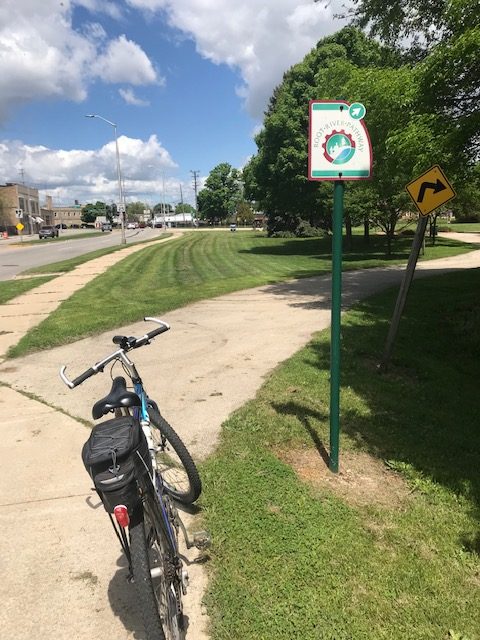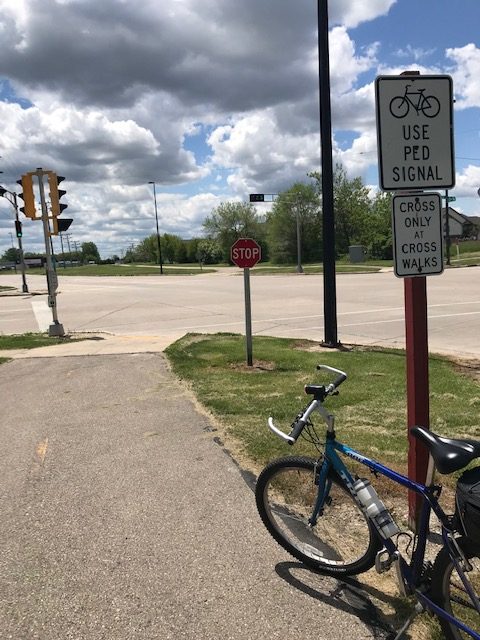“God’s got this!”
Have you seen that declaration showing up with regards to COVID-19? I have. A lot. Honestly, it makes me a little uncomfortable. Of course, there is a sense in which this is true, but I think its abrupt and isolated appearance is a little disingenuous because it skips a step or two. Ultimately, we Christians should all end up there, but not so abruptly and not in an isolated manner.
To explain what I mean, I invite you to observe the
Thirteenth Psalm. In that Psalm, David
(the shepherd boy, King, poet) expresses the truth that, “God’s got this,” in a
much more poetic way. Specifically he
wrote, “But I trust in your unfailing love; my heart rejoices in your
salvation. I will sing the Lord’s
praise, for he has been good to me.” (Psalm 13:5-6) But those two verses are just the final
one-third of the Psalm. That’s all there
would have been if David had skipped the step or two I’m talking about. But he didn’t. Here’s the Psalm in its entirety:
Psalm 13
1 How long,
Lord? Will you forget me forever?
How long will you hide your face from me?
2 How long
must I wrestle with my thoughts
and day after day have sorrow in my heart?
How long will my enemy triumph over me?
3 Look on me
and answer, Lord my God.
Give light to my eyes, or I will sleep in
death,
4 and my
enemy will say, “I have overcome him,”
and my foes will rejoice when I fall.
5 But I
trust in your unfailing love;
my heart rejoices in your salvation.
6 I will
sing the Lord’s praise,
for he has been good to me.
The majority of this Psalm—the first two-thirds—is an acknowledgement and expression that the current situation stinks and an acknowledgement and expression that so far at least, God doesn’t seem to be doing much about it.
Look again at the first verse. Asking, “Will you forget forever?” reveals
that David felt forgotten. Asking, “How
long will you hide your face from me?” reveals that David had been seeking God,
but had been unable to find him.
In verse two he asks, “How long will my enemy triumph over
me?” That reveals that David felt that
he is currently losing the battle. That
is, he wasn’t pretending that he was winning when it was obvious that he wasn’t.
Up to this point in the Psalms, David definitely is not
claiming that, “God’s got this.” If
anything, he was admitting that the evidence indicated that God didn’t have it! Then in verse three, he began to turn a
corner. “Look on me and answer, Lord my
God. Give light to my eyes or I will
sleep in death.” From there he goes on
to declare that if God doesn’t intervene, he will in fact be defeated and his
foes will rejoice in his defeat. It
seems as if David is declaring that, God doesn’t have this, and that if God
doesn’t take charge soon, all will be lost.
Then and only then does David find faith to fall back
on. Only then does David poetically
declare that, “God’s got this,” after all.
But we modern Christians would rather skip verses one
through four and jump straight to verses five and six. We shy away from admitting our struggles, doubts,
and yes, even our fears. Our struggle
with that admission is understandable given all the times in Scripture we are
told not to fear. Admitting to fear
makes us look weak at best or disobedient at worst.
Christian leader, Bible teacher, and author, Ajith Fernando, in his book, Jesus Driven Ministry, diagnoses this problem by saying we have, “no theology of groaning.” He points out that the Bible is full of God’s people’s “groaning” (lamenting and/or complaining, though he prefers the term complaining). He teaches that it is part of what Paul was talking about in Romans 8:23b where he said, “but we ourselves, who have the firstfruits of the Spirit, groan inwardly as we wait…” That is, we have a foretaste of what’s to come with no sickness and sorrow, etc., but we don’t have it yet. Currently, we still face all kinds of troubles in this world just as Jesus said we would (John 16:33).
In the book referenced above, Fernando quotes Biblical
scholar, Chris Wright summarizing the pattern of Biblical laments. I share it here because I love the way it so
closely parallels the Thirteenth Psalm that we’ve been looking at: “God, I am hurting; and, God, everyone else
is laughing. And, God, You are not
helping very much either; and how long is it going to go on?” Pure honesty.
My point is this:
When faced with trials, if David didn’t jump straight to, “God’s got
this,” maybe we shouldn’t either. If David first “groaned,” (lamented and
complained about the situation) maybe we should too. Maybe, like David, when we are in the midst
of a severe trial we should admit that we are in the midst of a severe trial
rather than pretending that all is well and that we aren’t bothered. Maybe when it feels like God isn’t doing
anything about it, we should admit that it feels that way. Maybe when it dawns on us that if God doesn’t
act then all is lost, we should admit that we need God to act rather than
pretending that he already has. Maybe
then and only then, after admitting and expressing those things should we
declare, “God’s got this.”
“God’s got this,” is where all God’s people should end up
but let’s not pretend we all start there.
With that in mind, here is my “Psalm” for our current circumstance. (I have “Psalm” in quotes because I am no
poet!)
God, how long is this going to continue? COVID-19 is ravaging the world and the Church
and your people are not immune; not to the disease and not to its wake. We, too, have friends and loved ones that
have died, are dying, or are sick. We,
too, are facing domino-effect consequences including financial, social, and
emotional stresses. To top it all off,
even within the ranks of your own people there is a great divide over the appropriate
response to this. We have come to realize
that if you don’t intervene, we are lost…
But we know you. We have history
with you. We trust you. Though we can’t see it just yet, we know, O
Lord, that you’ve got this! Praise your
name, thank you and amen.





















